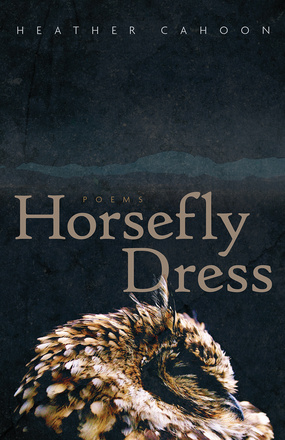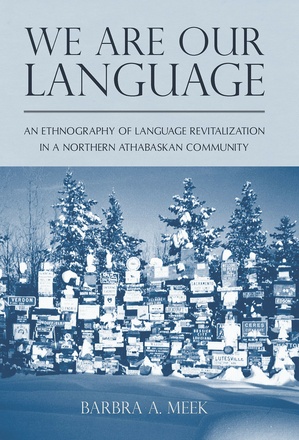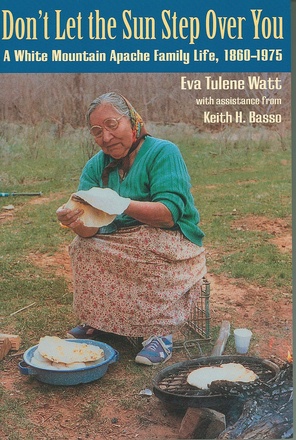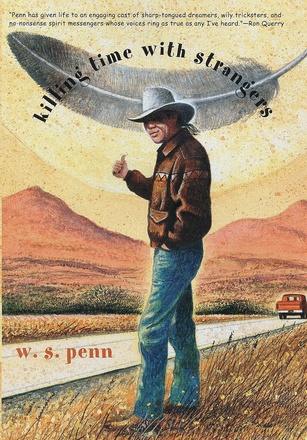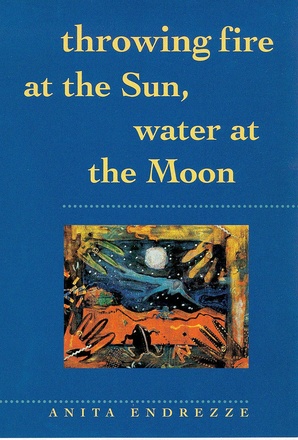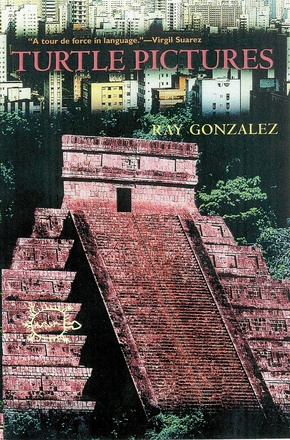A Good Map of All Things
A Picaresque Novel
Beyond Earth’s Edge
The Poetry of Spaceflight
We Are Our Language
In presenting the case of Kaska, an endangered language in an Athapascan community in the Yukon, Barbra Meek asserts that language revitalization requires more than just linguistic rehabilitation; it demands a social transformation. The process must mend rips and tears in the social fabric of the language community that result from an enduring colonial history.
Don't Let the Sun Step Over You
When the Apache wars ended in the late nineteenth century, a harsh and harrowing time began for the Western Apache people. Living under the authority of nervous Indian agents, pitiless government-school officials, and menacing mounted police, they knew that resistance to American authority would be foolish. But some Apache families ...
Winning the Dust Bowl
Bootleggers and bankrobbers in the Oklahoma Dust Bowl. Proctors and punters at Oxford. Activists and agitators of the American Indian Movement. Carter Revard has known them all, and in this book a memoir in prose and poetry he interweaves the many threads of his life as only a gifted writer can.
Winning the Dust Bowl traces Revard's development from a poor Oklahoma farm boy during the depths of the Depression to a respected medieval scholar and outstanding Native American poet. It recounts his search for a personal and poetic voice, his struggle to keep and expand it, and his attempt to find ways of reconciling the disparate influences of his life.
In these pages, readers will find poems both new and familiar: poems of family and home, of loss and survival. In linking what he calls "cocooning" essays, Revard shares what he has noticed about how poems come into being, how changes in style arise from changes in life, and how language can be used to deal with one's relationship to the world. He also includes stories of Poncas and Osages, powwow stories and Oxford fables, and a gallery of photographs that capture images of his past.
Revard has crafted a book about poetry and authorship, about American history and culture. Lyrical in one breath and stingingly political in the next, he calls on his mastery of language to show us the undying connection between literature and life.
Killing Time with Strangers
Young Pal needs help with his dreaming. Palimony Blue Larue, a mixblood growing up in a small California town, suffers from a painful shyness and wants more than anything to be liked. That's why Mary Blue, his Nez Perce mother, has dreamed the weyekin, the spirit guide, to help her bring into the world the one lasting love her son needs to overcome the diffidence that runs so deep in his blood. The magical (and not totally competent) weyekin pops in and out of Pal's life at the most unexpected timesand in the most unlikely guisesbut seems to have difficulty setting him on the right path. Is there any hope for Palimony Blue? Don't ask his father, La Vent Larue; La Vent is past hope, past help, a city zoning planner and a pawn in the mayor's development plans who ends up crazy and in jail after he shoots the mayor in thewell, never mind. Better to ask Pal's mother, who summons the weyekin when she isn't working on a cradle board for Pal and his inevitable bride. And while you're at it, ask the women in Pal's life: Sally the preacher's daughter, Brandy the waitressing flautist, Tara the spoiled socialite. And be sure to ask Amanda, if you can catch her. If you can dream her. Using comic vision to address serious concerns of living, Penn has written a freewheeling novel that will surpass most readers' expectations of "ethnic fiction." Instead of the usual polemics, it's marked by a sense of humor and a playfulness of language that springs directly from Native American oral tradition. What more can be said about a book that has to be read to the end in order to get to the beginning? That Killing Time with Strangers is unlike any novel you have read before? Or perhaps that it is agonizingly familiar, giving us glimpses of a young man finding his precarious way in life? But when the power of dreaming is unleashed, time becomes negotiable and life's joys and sorrows go up for grabs. And as sure as yellow butterflies will morph into Post-It notes, you will know you have experienced a new and utterly captivating way of looking at the world.
Throwing Fire at the Sun, Water at the Moon
Perhaps you know them for their deer dances or for their rich Easter ceremonies, or perhaps only from the writings of anthropologists or of Carlos Castaneda. But now you can come to know the Yaqui Indians in a whole new way.
Anita Endrezze, born in California of a Yaqui father and a European mother, has written a multilayered work that interweaves personal, mythical, and historical views of the Yaqui people. Throwing Fire at the Sun, Water at the Moon is a blend of ancient myths, poetry, journal extracts, short stories, and essays that tell her people's story from the early 1500s to the present, and her family's story over the past five generations. Reproductions of Endrezze's paintings add an additional dimension to her story and illuminate it with striking visual imagery.
Endrezze has combed history and legend to gather stories of her immediate family and her mythical ancient family, the two converging in the spirit of storytelling. She tells Aztec and Yaqui creation stories, tales of witches and seductresses, with recurring motifs from both Yaqui and Chicano culture. She shows how Christianity has deeply infused Yaqui beliefs, sharing poems about the Flood and stories of a Yaqui Jesus. She re-creates the coming of the Spaniards through the works of such historical personages as Andrés Pérez de Ribas. And finally she tells of those individuals who carry the Yaqui spirit into the present day. People like the Esperanza sisters, her grandmothers, and others balance characters like Coyote Woman and the Virgin of Guadalupe to show that Yaqui women are especially important as carriers of their culture.
Greater than the sum of its parts, Endrezze's work is a new kind of family history that features a startling use of language to invoke a people and their past--a time capsule with a female soul. Written to enable her to understand more about her ancestors and to pass this understanding on to her own children, Throwing Fire at the Sun, Water at the Moon helps us gain insight not only into Yaqui culture but into ourselves as well.
Turtle Pictures
The rhythm of vision, the rhythm of dream, the rhythm of voices saturating the hot southwestern landscape. These are the rhythms of Ray Gonzalez, the haunting incantations of Turtle Pictures.
Gonzalez has forged a new Chicano manifesto, a cultural memoir that traces both his personal journey and the communal journey that ...




